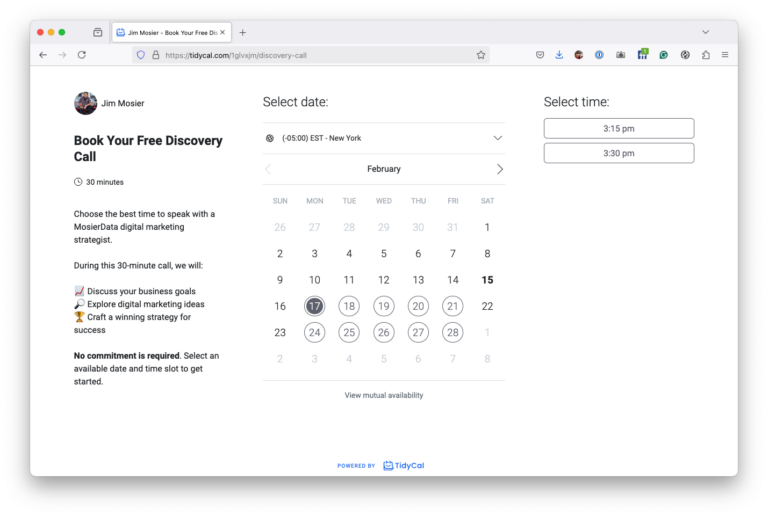There is a new piece of malware making the rounds that specifically attacks Android devices. So far, it has been detected on over half a million devices in the U.S., Russia and Europe. The program is incredibly dangerous and takes advantage of unsuspecting users of social networking websites and SMS. It was first discovered by Group-IB, a Russian security organization.
The malware is very sophisticated and actually goes to great lengths to trick users of Android devices into installing it. It prompts users to download the malware by creating friendly messages like, “Hey buddy, here are my new photos, give them a look when you have a spare moment.” Once the malicious program is installed, it has total control of the device that it has infected. It is clear that this is one of the more malicious pieces of malware to ever hit the digital scene.
Part of this malware’s nastiness is the high level of creativity involved in its manipulative practices. The malware imitates social media users and companies in order to manipulate people into downloading it through plugins, applications, software updates and much more. Some users of Android devices have even captured images showing the malware imitating Google’s highly popular Play Store. All it takes is a single click and a user’s device can become infected and then hijacked.
High ranking officials in intelligence circles are very concerned with this malware and the recent Russian hack of over a billion user names and passwords as well as 500 million e-mail addresses. It has been reported that hackers are on the lookout for SMS messages containing sensitive banking related data, with a particular focus on Russian users who bank on the web. Nearly all of Russia’s banks utilize SMS messaging to send encrypted codes to verify the transmission of payments. Hackers are monitoring these messages to pinpoint wealthy customers whom they’ll specifically target for hacks with this devastating new malware.
The malware doesn’t stop at procuring sensitive banking information. It also takes just about any other information that it can pry from the device that it infects. This includes files, pictures, address books, SMS messages and more. The malware can even send phone calls without the user’s consent or knowledge.
Unfortunately, this nasty piece of malware can’t be tracked after it has installed itself onto Android devices. Group-IB failed to inform the media and Android users across the globe as to how it can confirm that over 541,000 Android devices have been compromised by the malicious program. Those whose devices have been infected are advised to utilize anti-viral software. Yet anti-virus experts can provide no guarantees that such software will have any impact on the malware.

